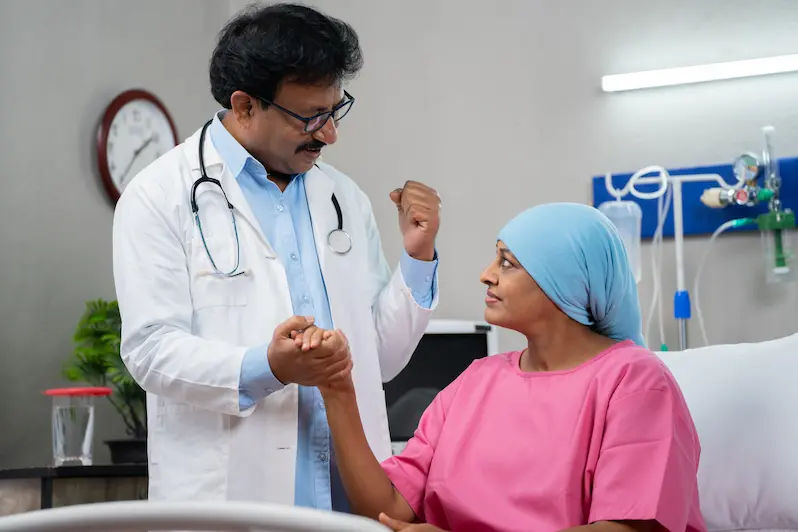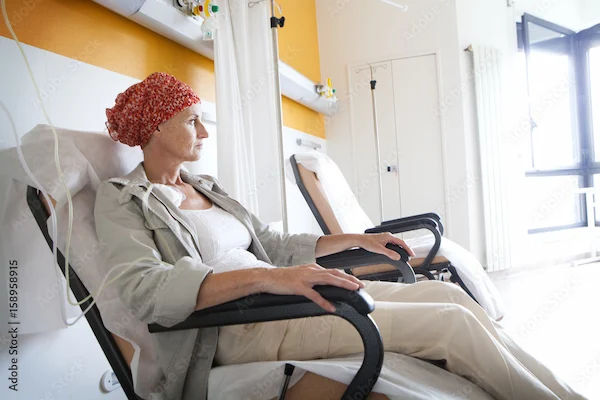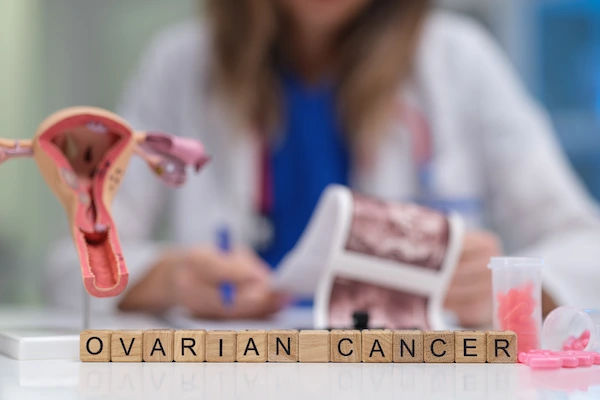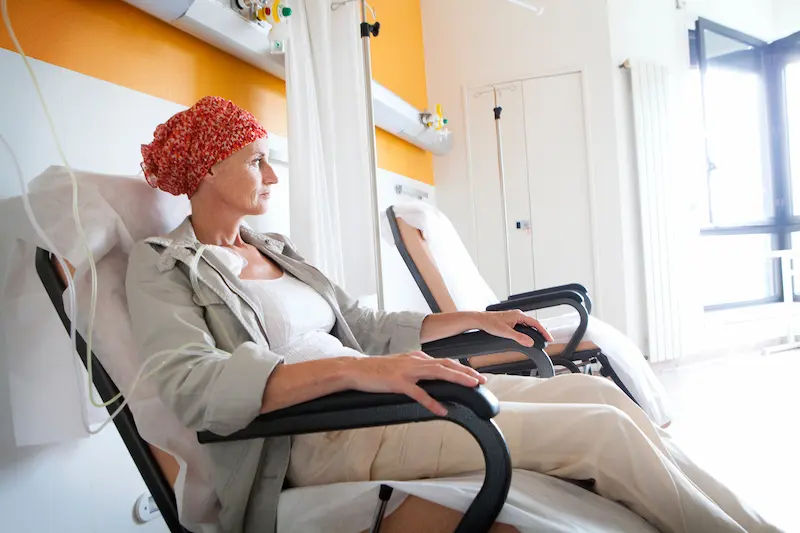Understanding Common Types of Cancer
Know about cancer, its types, what it is, symptoms, and risk factors. Learn about the prevention and early detection.

Written by Dr. Rohinipriyanka Pondugula
Reviewed by Dr. J T Hema Pratima MBBS, Fellowship in Diabetes Mellitus
Last updated on 13th Jan, 2026

Introduction
Cancer is a word that often brings fear and uncertainty, but understanding it can help ease some of that anxiety. Cancer occurs when abnormal cells grow uncontrollably, damaging healthy tissues in the body. While there are many types of cancer, some are more common than others. Knowing about them can help with early detection and better management.
In this article, we’ll discuss the most common types of cancer, their symptoms, causes, and ways to reduce risks.
Consult an Oncologist for Personalised Advice
1. Breast Cancer
- What is it?
Breast cancer develops in the breast tissues, usually in the ducts or lobules. It affects both women and men, though it is more common in women.
Symptoms:
- A lump or thickening in the breast or underarm
- Changes in breast size or shape
- Nipple discharge (other than breast milk)
- Skin dimpling or redness
Risk Factors:
- Age (risk increases after 40)
- Family history of breast cancer
- Obesity
- Hormone replacement therapy
- Alcohol consumption
Prevention & Early Detection:
- Regular self-exams and mammograms after 40
- Maintaining a healthy weight
- Limiting alcohol
- Breastfeeding (if possible)
2. Lung Cancer
What is it?
Lung cancer begins in the lungs and is strongly linked to smoking, though non-smokers can also develop it.
Symptoms:
- Persistent cough
- Chest pain
- Shortness of breath
- Coughing up blood
- Unexplained weight loss
Risk Factors:
- Smoking (main cause)
- Secondhand smoke exposure
- Air pollution
- Family history
- Exposure to asbestos or radon
Prevention & Early Detection:
- Quit smoking (or never start)
- Avoid secondhand smoke
- Test your home for radon
- Regular check-ups if at high risk
3. Prostate Cancer
What is it?
Prostate cancer affects the prostate gland in men, usually growing slowly but sometimes spreading aggressively.
Symptoms:
- Frequent urination (especially at night)
- Weak urine flow
- Blood in urine or semen
- Pain in the pelvis or back
Risk Factors:
- Age (common after 50)
- Family history
Obesity
- High-fat diet
Prevention & Early Detection:
- Regular PSA (Prostate-Specific Antigen) tests after 50
- Healthy diet (rich in fruits and vegetables)
- Exercise regularly
4. Colorectal (Bowel) Cancer
What is it?
This cancer starts in the colon or rectum and often begins as small growths called polyps.
Symptoms:
- Changes in bowel habits (diarrhoea/constipation)
- Blood in stool
- Abdominal pain or cramps
- Unexplained weight loss
Risk Factors:
- Age (over 50)
- Family history
- Inflammatory bowel disease
- High red meat consumption
- Smoking and alcohol
Prevention & Early Detection:
- Regular colonoscopies after 50
- High-fibre diet (fruits, vegetables, whole grains)
- Limit processed and red meat
- Exercise and maintain a healthy weight
5. Skin Cancer (Melanoma & Non-Melanoma)
What is it?
Skin cancer occurs due to the uncontrolled growth of skin cells, often caused by UV radiation.
Symptoms:
- New or changing moles (asymmetrical, uneven borders)
- Sores that don’t heal
- Red or scaly patches
Risk Factors:
- Excessive sun exposure
- Tanning beds
- Fair skin
- Family history
Prevention & Early Detection:
- Use sunscreen (SPF 30+) daily
- Wear protective clothing and hats
- Avoid peak sun hours (10 AM – 4 PM)
- Regular skin checks by a dermatologist
6. Cervical Cancer
What is it?
Cervical cancer affects the cervix (the lower part of the uterus) and is often linked to HPV (Human Papillomavirus).
Symptoms:
- Abnormal vaginal bleeding
- Pain during intercourse
- Unusual discharge
Risk Factors:
- HPV infection
- Smoking
- Weak immune system
- Multiple pregnancies
Prevention & Early Detection:
- HPV vaccination (recommended for teens and young adults)
- Regular Pap smears (every 3-5 years)
- Safe sex practices
7. Stomach (Gastric) Cancer
What is it?
Stomach cancer develops in the lining of the stomach and is often detected late.
Symptoms:
- Persistent indigestion
- Stomach pain
- Nausea/vomiting
- Loss of appetite
- Unexplained weight loss
Risk Factors:
- H. pylori bacterial infection
- Smoking
- High-salt, smoked, or pickled foods
- Family history
Prevention & Early Detection:
- Treat H. pylori infections early
- Eat fresh fruits and vegetables
- Limit smoked/salted foods
- Quit smoking
General Tips for Reducing Cancer Risk
While not all cancers can be prevented, these healthy habits can lower your risk:
- Eat a balanced diet – More fruits, vegetables, whole grains, and less processed food.
- Stay active – Regular exercise helps maintain a healthy weight.
- Avoid tobacco & limit alcohol – Both are major cancer contributors.
- Get vaccinated – HPV and Hepatitis B vaccines prevent certain cancers.
- Regular screenings – Early detection saves lives.
When to See a Doctor?
If you notice any unusual or persistent symptoms, consult a doctor. Early diagnosis improves treatment success.
Final Thoughts
Cancer can be overwhelming, but knowledge empowers you to take control of your health. By understanding common cancers, their symptoms, and prevention methods, you can make informed choices for yourself and your loved ones.
Consult an Oncologist for Personalised Advice
Consult an Oncologist for Personalised Advice

Dr Devashish Tripathi
Radiation Specialist Oncologist
20 Years • MBBS, PLAB, MRCP (UK)- General Medicine, FRCR (Oncology), Certificate of Completion of Training (CCT)- Clinical Oncology
Delhi
Apollo Hospitals Indraprastha, Delhi

Dr. Amit Choraria
Surgical Oncologist
18 Years • MBBS, MS (Surgery) Fellow, Surgical Oncology, Tata Medical Center (FSO) Fellow, European Board of Surgery (Surgical Oncology) (FEBS) Fellow, Minimal Access Surgery (FMAS) Fellow, Indian Association of Gastrointestinal Endosurgeons (FIAGES) UICC Fellow, Royal Marsden NHS, London, UK Visiting Scholar, Plastic Reconstructive Surgery, CGMH, Taiwan Fellow, Robotic Surgical Oncology, Vattikuti Foundation, USA
Kolkata
Apollo Multispeciality Hospitals , Kolkata, Kolkata
(75+ Patients)

Dr. V R N Vijay Kumar
Surgical Oncologist
9 Years • MBBS, MS (Gen. Surg.), DNB (Surg. Onco.)
Ahmedabad
Apollo Hospitals Gandhinagar, Ahmedabad
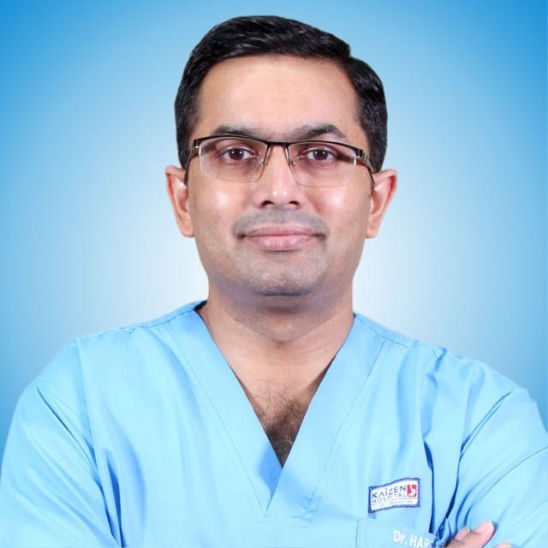
Dr. Harsh J Shah
Surgical Oncologist
15 Years • MS, MCh (GI), DrNB (GI)
Ahmedabad
Apollo Hospitals Gandhinagar, Ahmedabad

Dr. Gopal Kumar
Head, Neck and Thyroid Cancer Surgeon
15 Years • MBBS, MS , FARHNS ( Seoul, South Korea ), FGOLF ( MSKCC, New York )
Delhi
Apollo Hospitals Indraprastha, Delhi
(25+ Patients)
Consult an Oncologist for Personalised Advice

Dr Devashish Tripathi
Radiation Specialist Oncologist
20 Years • MBBS, PLAB, MRCP (UK)- General Medicine, FRCR (Oncology), Certificate of Completion of Training (CCT)- Clinical Oncology
Delhi
Apollo Hospitals Indraprastha, Delhi

Dr. Amit Choraria
Surgical Oncologist
18 Years • MBBS, MS (Surgery) Fellow, Surgical Oncology, Tata Medical Center (FSO) Fellow, European Board of Surgery (Surgical Oncology) (FEBS) Fellow, Minimal Access Surgery (FMAS) Fellow, Indian Association of Gastrointestinal Endosurgeons (FIAGES) UICC Fellow, Royal Marsden NHS, London, UK Visiting Scholar, Plastic Reconstructive Surgery, CGMH, Taiwan Fellow, Robotic Surgical Oncology, Vattikuti Foundation, USA
Kolkata
Apollo Multispeciality Hospitals , Kolkata, Kolkata
(75+ Patients)

Dr. V R N Vijay Kumar
Surgical Oncologist
9 Years • MBBS, MS (Gen. Surg.), DNB (Surg. Onco.)
Ahmedabad
Apollo Hospitals Gandhinagar, Ahmedabad

Dr. Harsh J Shah
Surgical Oncologist
15 Years • MS, MCh (GI), DrNB (GI)
Ahmedabad
Apollo Hospitals Gandhinagar, Ahmedabad

Dr. Gopal Kumar
Head, Neck and Thyroid Cancer Surgeon
15 Years • MBBS, MS , FARHNS ( Seoul, South Korea ), FGOLF ( MSKCC, New York )
Delhi
Apollo Hospitals Indraprastha, Delhi
(25+ Patients)

